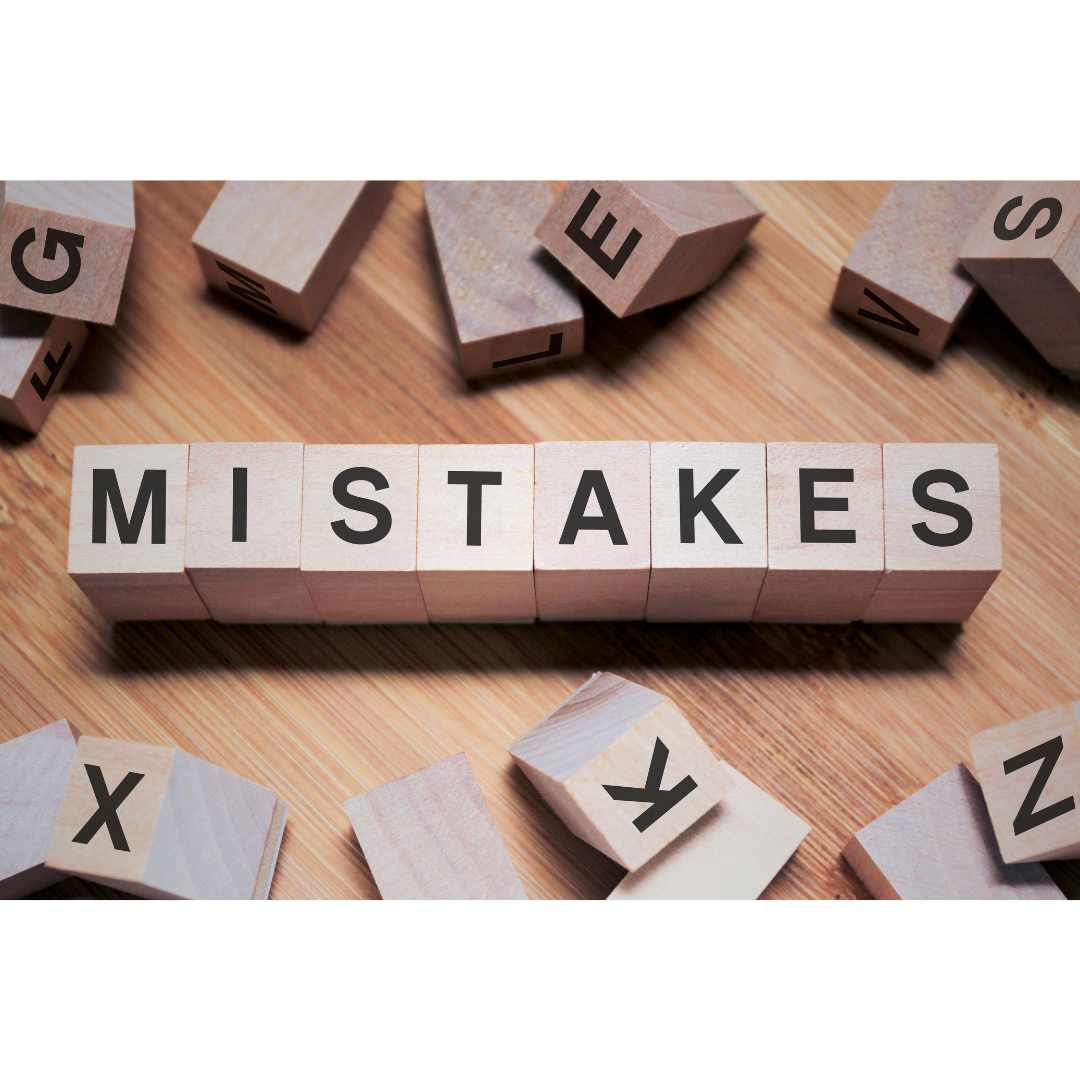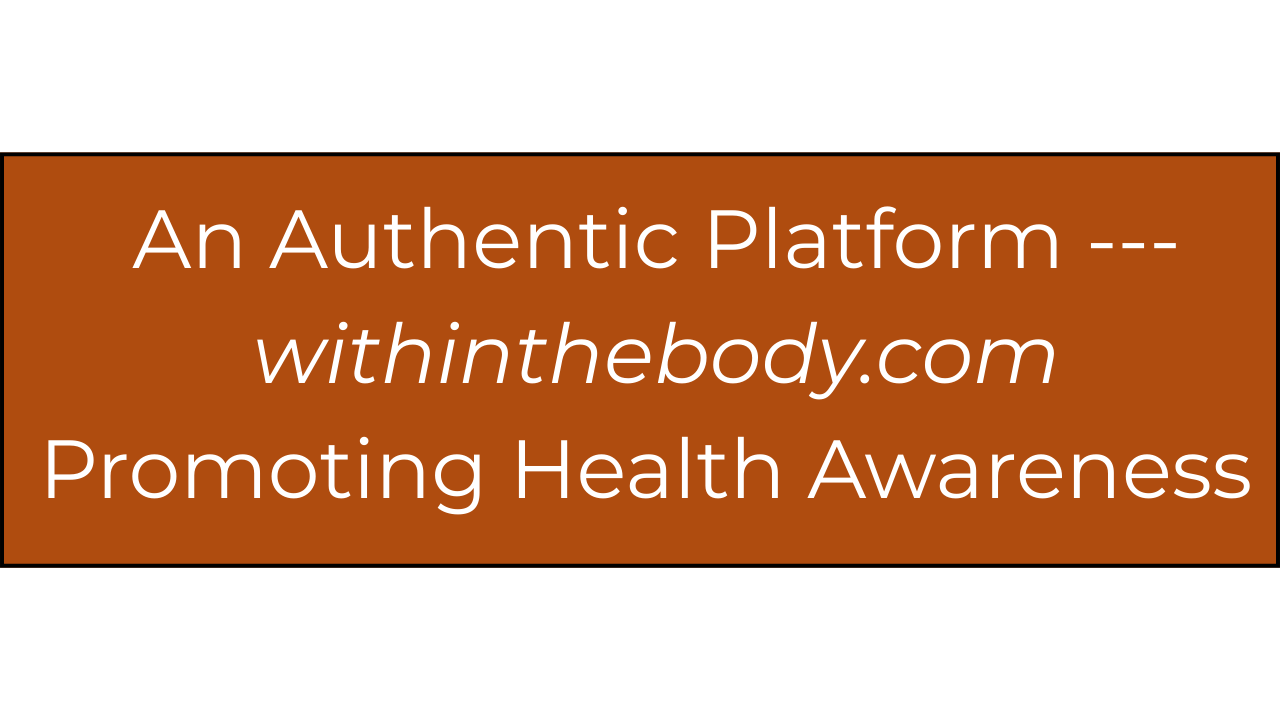Mistakes We Make at the Age of 20


Introduction
The twenties are often celebrated as the “decade of energy” — full of dreams, strength, and possibilities. Yet, it is also a phase where short-sighted decisions and lifestyle errors silently shape long-term health. As physicians, we see the consequences years later — high blood pressure, diabetes, obesity, infertility, anxiety, depression, and chronic pain — often rooted in habits that started around the age of 20. Understanding these mistakes early is the first step to preventing decades of regret.
For General Readers
At 20, the body feels invincible. You can eat fast food at midnight, skip sleep before exams, and still function. But the body keeps a record. Mistakes such as:
• Skipping regular meals and surviving on junk food
• Neglecting sleep, thinking rest is optional
• Ignoring physical fitness, believing “youth is enough”
• Experimenting with smoking, alcohol, or drugs out of curiosity or peer pressure
• Overuse of digital devices, leading to poor posture, eye strain, and mental stress
• Avoiding regular health checkups, assuming “doctors are for the old”
These choices don’t show damage immediately, but they plant seeds of disease. Prevention at 20 saves you from prescriptions at 40.
For Medical Students
Medical students at this age face a unique paradox: they are studying health sciences while often neglecting their own. Common mistakes include:
• Overloading on caffeine and energy drinks during exams
• Ignoring balanced meals, often substituting them with snacks in hospital cafeterias
• Chronic sleep deprivation due to late-night studying and rotations
• Emotional burnout, not recognizing the need for mental health care
• Lack of physical exercise, because “clinical postings are enough walking”
These habits not only harm long-term health but also affect academic performance, concentration, and empathy toward patients. A healthy doctor begins with a healthy student.
For Young Doctors
By the time internship and residency start, the mistakes deepen:
• Neglecting personal health for patient care, believing sacrifice is noble
• Irregular meals during calls, leading to gastritis and weight changes
• Ignoring back pain and posture problems from long hours of standing
• Overlooking mental health, normalizing stress and sleeplessness
• Delaying marriage, family planning, or personal goals under the excuse of “career first”
The twenties are the foundation of professional life. A doctor who doesn’t learn self-care cannot effectively guide patients in the long run.
For General Practitioners
General practitioners at this stage must be doubly aware. Many are just establishing clinics or joining practices, often working long hours. Mistakes include:
• Not scheduling preventive checkups for themselves
• Over-prescribing energy stimulants (tea, coffee, cigarettes) to sustain long work hours
• Ignoring vaccination updates — a serious gap for healthcare providers
• Failing to build healthy doctor-patient communication early
• Neglecting financial health, which later creates stress and burnout
Good general practice starts with balanced living — only then can a physician offer authentic advice to patients.
Pathophysiology
The twenties represent biological peak. Muscle mass, bone density, and hormonal balance are optimal, while cardiovascular and neural systems function at maximum efficiency. However, cellular oxidative stress begins subtly if lifestyle is unhealthy. Irregular sleep, poor diet, and stimulant use cause cortisol fluctuations and sympathetic dominance, predisposing to endothelial injury and early metabolic imbalance. The hippocampus and prefrontal cortex remain highly plastic, yet excessive digital stimulation and stress reduce attention span and alter dopamine pathways, affecting motivation and mental focus.
When to See the Doctor
At 20, most people don’t think about seeing a doctor unless sick. But medical consultation is essential if you experience:
• Persistent fatigue or unexplained weight loss/gain
• Recurrent stomach acidity, bloating, or bowel issues
• Frequent headaches, dizziness, or vision problems
• Shortness of breath or chest discomfort on exertion
• Anxiety, low mood, or prolonged sleep problems
• Any addiction that feels difficult to control
Early intervention prevents lifelong complications.
Conclusion
Mistakes at 20 often look harmless. But they are the quiet architects of disease. Recognizing them early and making small corrections — eating balanced meals, exercising regularly, respecting sleep, protecting mental health, and having annual checkups — transforms the decades ahead. Physicians often see 40-year-old patients wishing they could “turn back time.” The truth is, at 20, you still can.
FAQs
1. Is it necessary to get health checkups at 20?
Yes. A baseline check (blood pressure, blood sugar, cholesterol, BMI, eye checkup) helps detect early risks.
2. How much sleep should a 20-year-old get?
7–9 hours daily. Anything less leads to cognitive decline and long-term health issues.
3. Are energy drinks safe for young people?
Occasional use may not harm, but frequent intake damages the heart, raises blood pressure, and causes anxiety.
4. Do habits at 20 really affect life at 40?
Absolutely. Hypertension, diabetes, infertility, obesity, and mental health disorders often trace back to lifestyle errors formed in early adulthood.
5. What is the single best health investment at 20?
Daily physical activity combined with a balanced diet. Nothing equals the long-term return of this simple routine.
